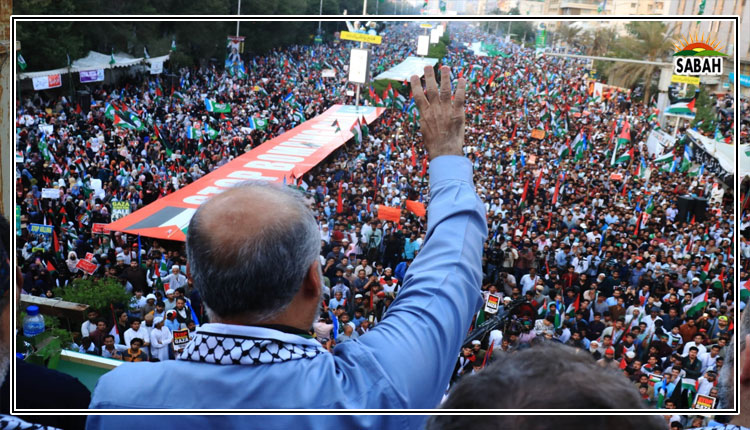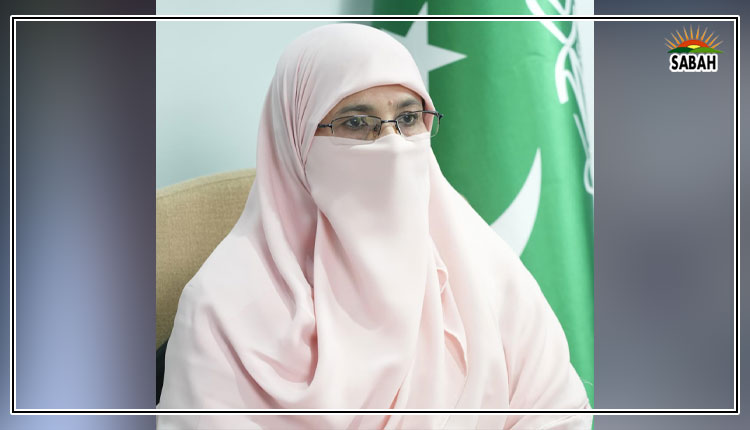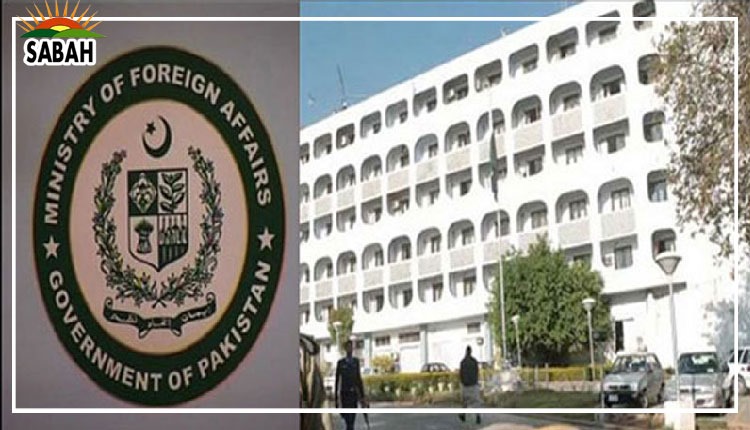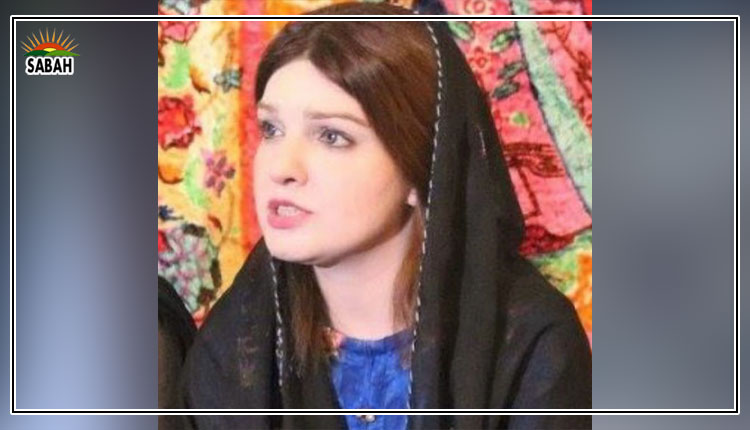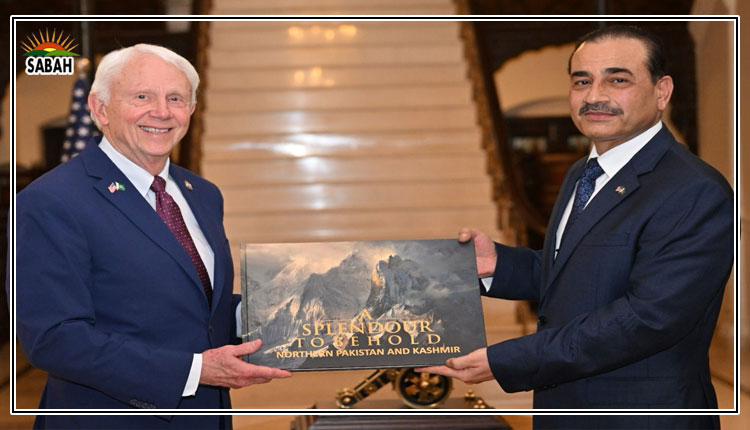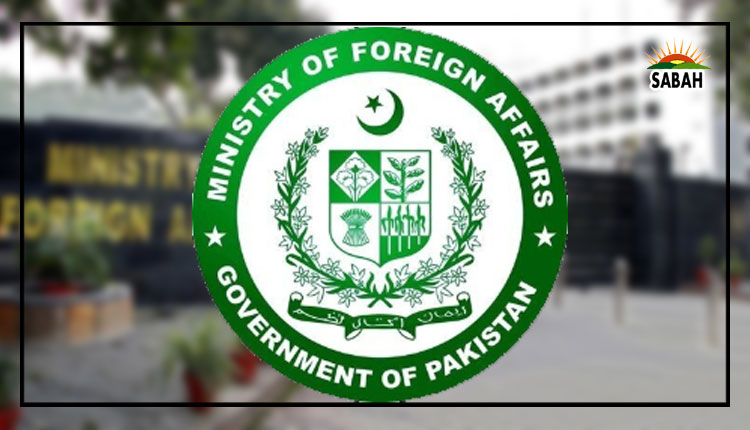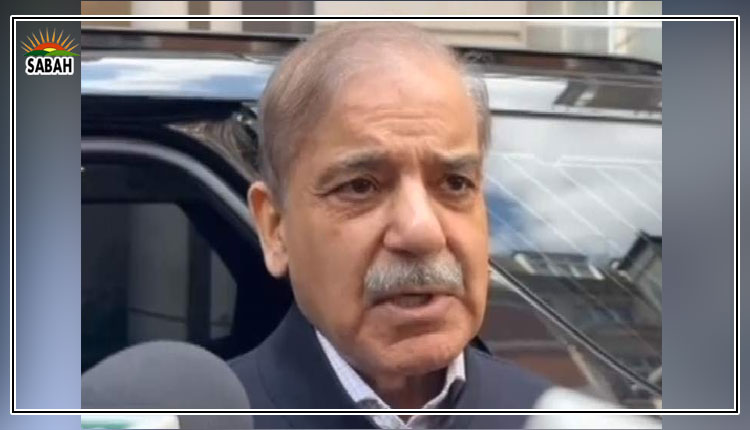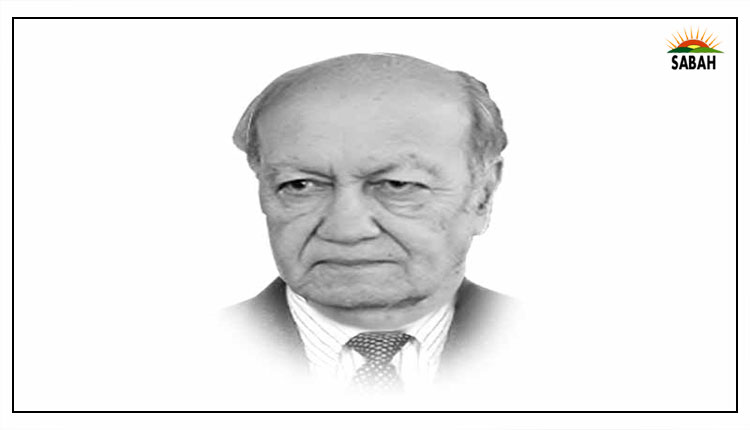Viewing Israel-Hamas conflict in a broader context…Talat Masood
The vengeance displayed by Israel against Hamas which found expression in the form of continuing brutalities and mass murder of the Palestinians, especially of children and women has few parallels in recent human history. Of equal concern is how the US, Britain and West, the so-called promoters of justice, adherers of the rule of law and champions of human rights are blatantly siding with Israel without an iota of remorse and guilt. The US was the only country that has gone to the extent of vetoing the UNSC resolution that demanded an immediate ceasefire. And Britain towing the US and showing its contempt for the beleaguered Palestinians and Muslims in general abstained from voting. What else could have been expected from the UK whose prime minister was one of the first world leaders to have reached Israel with a planeload of lethal arms and ammunition to boost Israels death and destruction in Palestine. It was the UN secretary General, Antonio Guterres who has been consistent in urging the Security Council to press to avert a humanitarian catastrophe and reiterated his call for a humanitarian ceasefire and determination to pursue for its implementation due to its necessity and utmost urgency.
The response from the Muslim countries too, apart from a few exceptions like Turkey, has been subdued which sadly reflects how insecure they are within their own countries and dependent on the US and Western nations for economic development and aid or political backing of their tottering regimes. So, nothing seems to stir the conscience of these rulers whilst Israel and the West exploit this weakness.
Saudi Arabia, the UAE, Iran and other Middle Eastern countries have major oil reserves and monopoly of certain valuable minerals. They are also located in the strategic areas, like Egypt sits at the entrance of the Suez Canal and Turkey links Asia with Europe. The Central Asian states, with large Muslim populations too, are blessed with mineral wealth and oil and gas deposits. These strategic and economic advantages could be fully exploited for the benefit and wellbeing of their people if these countries were largely self-reliant. But this is only possible provided their leadership takes a long-term view and focuses on education of their people, especially in science and technology, to synchronise with the needs of the modern world. At present they are heavily dependent on the West and China or Russia for exploiting their natural resources. In the field of defence and security, they have to rely primarily on external sources as indigenous development and production is limited. Turkey, Iran, Pakistan, Indonesia and Malaysia have developed indigenous design, development and manufacturing capabilities both for defence and civilian products. But they still have to go a long way to keep pace with the advanced countries. Technological breakthroughs and scientific discoveries occur in countries that have a sound educational and research infrastructure and keep pace with evolving developments. India has developed a strong technological and industrial base. It became the first country to land a lunar mission near the Moons south pole. The lander and rover spent 10 days in the region, gathering data and images to be sent back to Earth for analysis.
Besides, strategic and political considerations, the US and the West support Israel for cooperating with it in the field of science and technology, as Israel has a significant number of research and development institutes and engages in several critical areas related to nuclear and conventional defence. This has been possible due to sustained focus on quality education and R&D in close collaboration with the US and its European allies. And also, to ensure it dominates the region economically and has a strong defence and deterrence capability.
Pakistan intrinsically has the ability to move ahead and keep pace with technological and scientific developments provided there is a correct focus and importance given to education and research and development. Regrettably, the leadership is not cognizant nor is it interested in promoting these developments. The present state of education, the quality of what is being taught in the colleges and universities, low standard of the teaching staff and their professional rivalries are a common occurrence. It clearly shows that there are grave structural and management weaknesses in our academic institutions. These seriously undermine the quality of education with grave long-term consequences.
It is rare that the quality of education or even the high percentage of illiteracy (26.7%) that reflects sadly on the leadership are seriously discussed by political leaders during their election campaign. Their election manifestos do make a mention of establishing schools and colleges but this is more to win votes rather than being an earnest desire to reduce illiteracy and improve educational standards comparable with modern day requirements. It is just not a question of literacy, we have a lot to catch up in several fields of education. For this it is important to raise the consciousness of the people that we are lagging behind in several fields of education and this weakness is pulling us down. Experience and past history remind us that better governance is closely linked to education and economic growth. Those leaders who have focused and prioritised these have brought about definite improvement in the economy and overall improvement in the law and order situation and the countrys standing among nations.
We all are aware of our weaknesses but fail to rectify them, as the priorities of politicians and other power centres are different. An educated and well-informed polity is a threat to those who lean on undemocratic ways to derive power. To put the country on the right course, we have to be selective in the choice of the political party and the candidates that we would like to vote in the next elections. There may not be many options but still there would be candidates with relatively better record of governance and sensitive to the hardships faced by the people.
If Pakistan has to change to adapt to the modern world and acquire a standing among Muslim nations, it must overcome political polarisation, reduce disparity between the rich and the poor and seriously address governance and corruption.
Courtesy The Express Tribune


